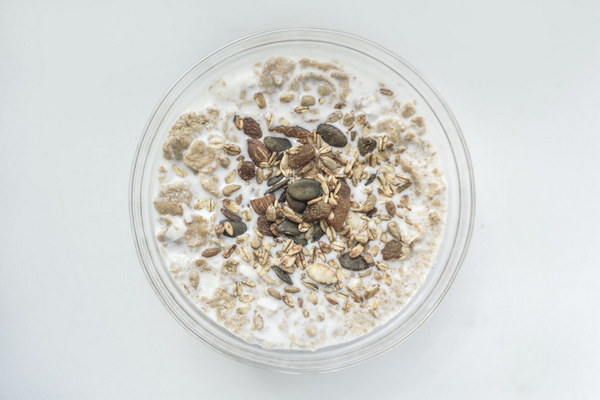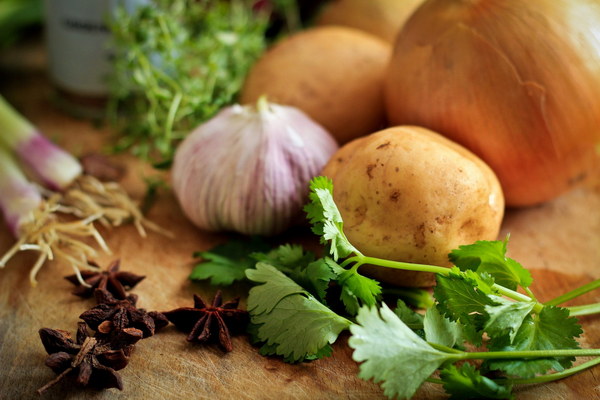Unlocking the Gastric Benefits Exploring the Mechanisms of Astragalus in Digestive Health
In the realm of traditional Chinese medicine, Astragalus (Huang Qi) has long been revered for its myriad of health benefits. One of its most notable effects is on the gastrointestinal system, where it is believed to enhance gastric function and alleviate various stomach-related issues. This article delves into the mechanisms behind Astragalus' beneficial impact on the stomach, providing a comprehensive understanding of its therapeutic potential.
Astragalus is a potent herb that belongs to the Fabaceae family. It is widely used in Chinese medicine to boost the immune system, improve energy levels, and treat various conditions such as colds, flu, and chronic fatigue. Recent research has also highlighted its potential to enhance gastric health, making it a popular choice among those seeking natural remedies for stomach problems.
The mechanisms by which Astragalus promotes gastric health can be attributed to several factors:
1. Anti-inflammatory properties: One of the primary ways Astragalus benefits the stomach is by reducing inflammation. Chronic inflammation in the stomach can lead to conditions like gastritis, ulcers, and even stomach cancer. Astragalus contains compounds that have anti-inflammatory effects, helping to alleviate the symptoms of these conditions and prevent further damage to the stomach lining.
2. Antioxidant activity: Free radicals are unstable molecules that can cause cellular damage and contribute to the development of various diseases. Astragalus possesses strong antioxidant properties, which can help neutralize free radicals and protect the stomach lining from oxidative stress.

3. Modulation of the immune system: A healthy immune system is crucial for maintaining gastric health. Astragalus has been shown to enhance immune function by activating immune cells and regulating the production of cytokines. This helps to prevent infections and reduce the risk of developing stomach-related diseases.
4. Promotion of gastric motility: Astragalus can help improve gastric motility, which is the process by which food is moved through the digestive tract. Enhanced motility can help alleviate symptoms of constipation, bloating, and indigestion, leading to improved overall digestive health.
5. Protection against Helicobacter pylori: Helicobacter pylori is a bacteria that can cause chronic gastritis and increase the risk of stomach ulcers and cancer. Studies have shown that Astragalus can inhibit the growth of H. pylori, providing a natural defense against this harmful bacteria.
6. Regulation of gut microbiota: The balance of gut microbiota plays a crucial role in maintaining digestive health. Astragalus has been found to promote the growth of beneficial bacteria while inhibiting the growth of harmful bacteria, leading to a healthier gut environment.
To harness the benefits of Astragalus for gastric health, it is important to consume it in appropriate doses. While the recommended dosage can vary depending on the individual, a common starting point is 3-6 grams of dried Astragalus root per day. It is also essential to consult with a healthcare professional before starting any new supplement regimen, especially if you have existing health conditions or are taking other medications.
In conclusion, Astragalus offers a promising natural remedy for improving gastric health. Its anti-inflammatory, antioxidant, and immune-boosting properties make it a valuable addition to any digestive health regimen. By understanding the mechanisms behind its benefits, we can appreciate the full potential of Astragalus in promoting a healthy and functioning stomach.









